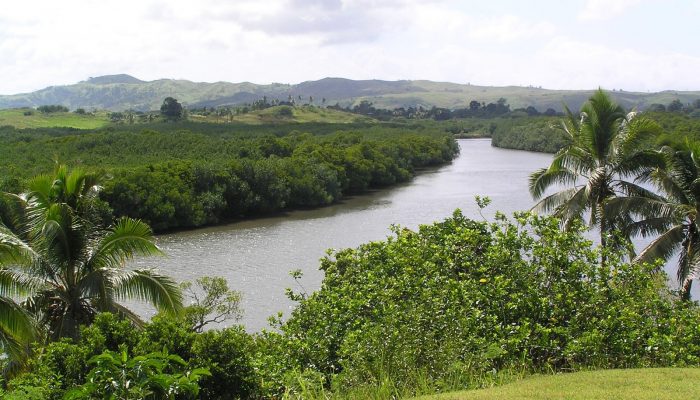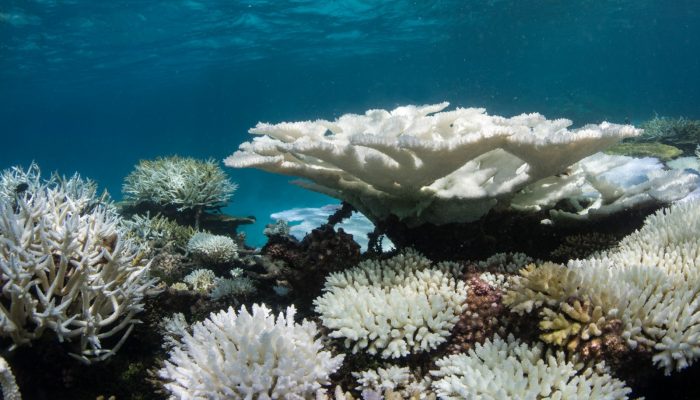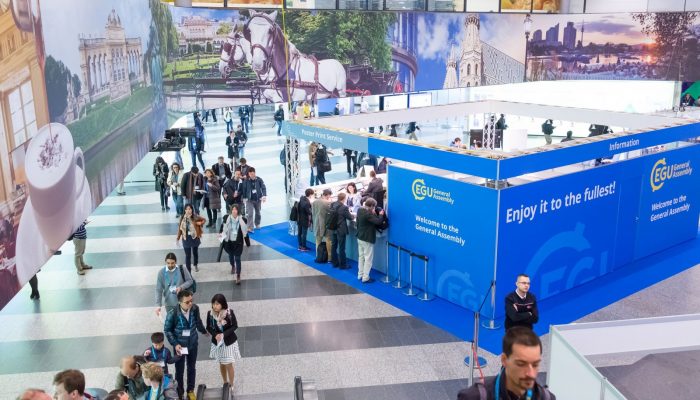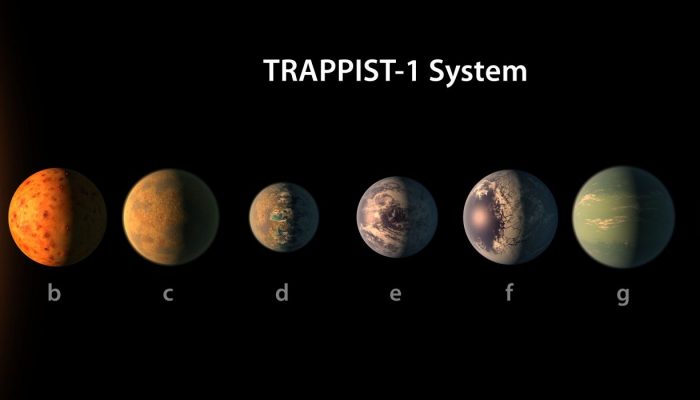Today’s post is brought to you by Lisa-Marie Shillito, a Lecturer in Landscape Archaeology at Newcastle University. Initially, this photo may seem like any other tropical paradise: lush forests line a meandering river, but there is much more to the forests in the foreground than first meets the eye. Over to Lisa for the details. I first visited Fiji as an undergraduate student, where I undertook m ...[Read More]
Imaggeo on Mondays: A Fijian paradise




